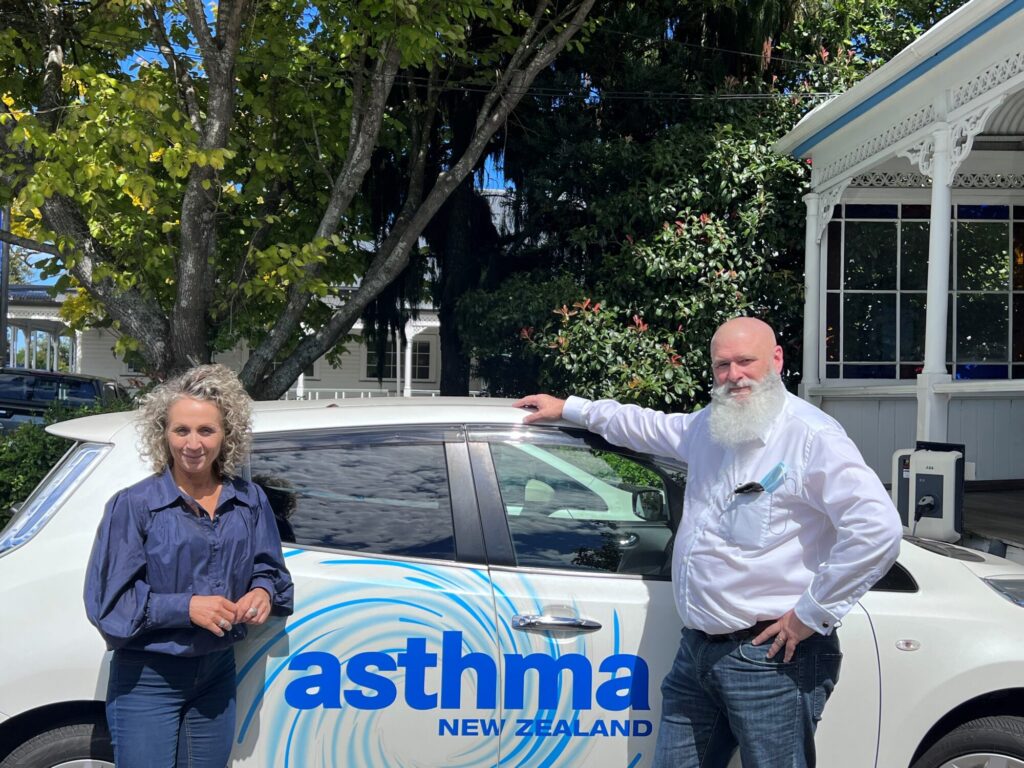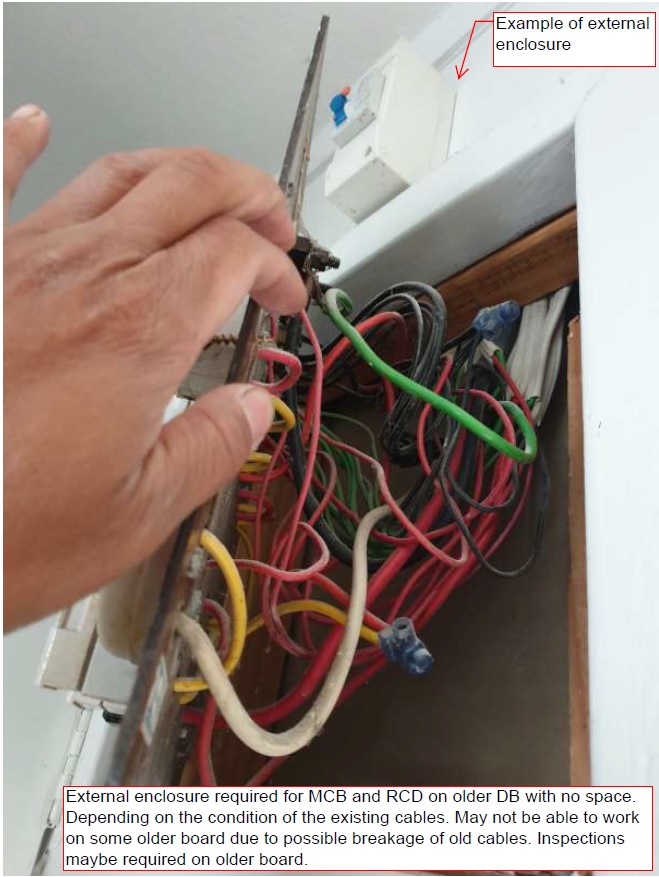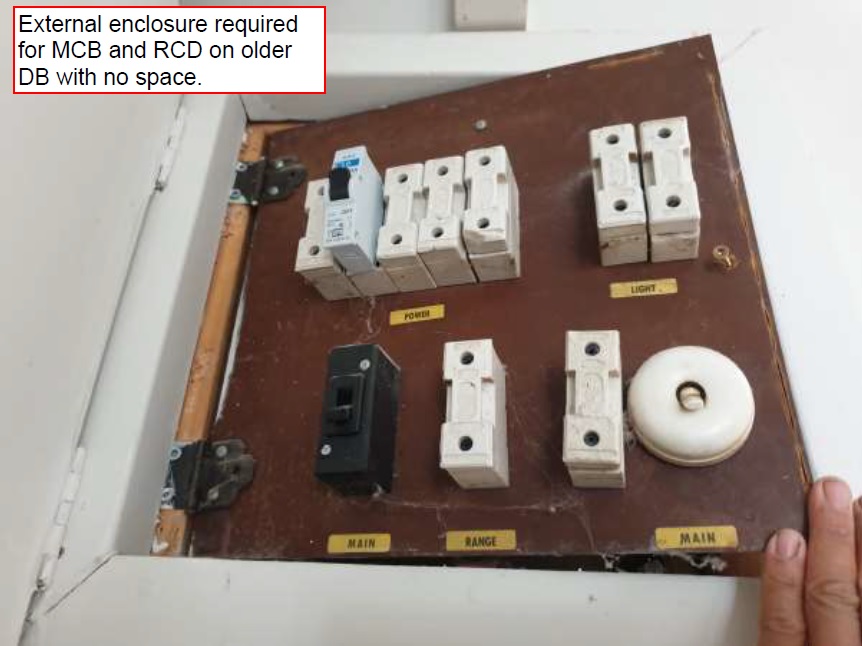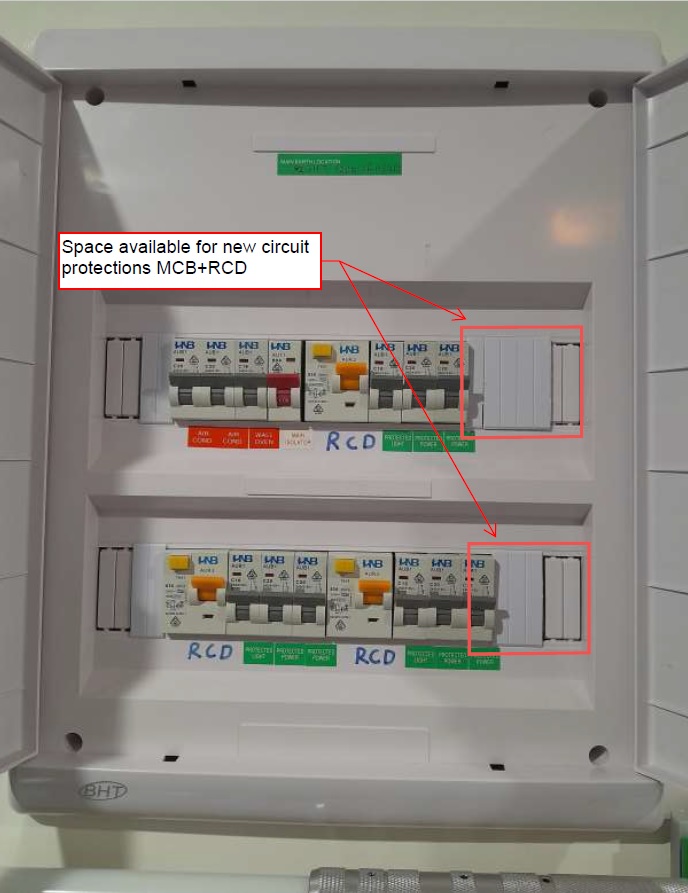Don’t ever make the mistake of saying asthma sufferer to Katheren Leitner. The Asthma New Zealand CEO will be quick to correct you.
“New Zealanders suffer from asthma because they think it’s normal. It’s not.” she says.


Asthma NZ is the largest asthma educator in the country and a free service. The charity interacts with patients up and down the country, educating more than 3,000 patients in Auckland alone each year. There are nine nurses based across Auckland, Rotorua and Wellington. New Zealand has the second highest rate of asthma in the world and second highest rate of deaths for under 35 year olds in the developed world. Asthma NZ’s vision is a 50 percent reduction in asthma and chronic obstructive pulmonary disease (COPD) hospitalisations by 2029. Currently, there are more than 86,000 hospital admissions a year, with one in 10 hospital stays for respiratory issues.
Katheren says education is the single most effective way to help people manage their health and keep them out of hospital.
“Once asthma is properly managed, it’s just a mild inconvenience,” Katheren says.
Part of managing this is being aware of the air we breathe and the difference it makes to how well our lungs function. This became evidently clear during the first lockdown in particular and the impact of people staying at home.
“We heard kids saying they were never able to breathe as easily as they were with cars off the road.”
Asthma NZ were already ahead of the game. With funding help from the Energy Efficiency and Conservation Authority, the charity transitioned their fossil fuelled vehicles to electric. Eight second-hand EVs arrived in the country at the end of 2019.
“Moving to EVs was definitely about making a statement. We needed to send a message that the air we breathe makes a big difference to the quality of life we live.”
Katheren speaks about how daunting the transition could have been without partnering with the likes of Singer Electric, who managed the project from end-to-end. Katheren says Singer was on board from the get-go, providing quotes for the funding application to auditing, installing and commissioning charging infrastructure.
“Singer’s expertise was the very thing that made this journey pleasant for us but it also didn’t blow the cost out,” she says.
They couldn’t afford to chalk up mistakes to a learning exercise given they’re a charity and were working with a defined amount of funding.
“There was so much going on behind the scenes that I didn’t have to take care of, I wouldn’t have known what questions to ask.”
As much as it is about walking the talk, Katheren says if they want to extend their reach and keep people out of hospital then investing in technology is just as important.
“Medication won’t do it alone and we’re not going to do it with nurses on the ground alone, using technology is critical.”
This rings especially true when you hear the statistics from a new report by the American Lung Association. Analysis reveals a national shift from internal combustion engine vehicles to electric cars over the next 30 years has the potential to save more than 100,000 lives as well as US$1.2 trillion in public health expenses. Such a transition would result in 2.8 million fewer asthma attacks, 13.4 million fewer sick days and 110,000 fewer fatalities in the US by 2050.
When this is put to Katheren she shakes her head and says the figures could easily translate to New Zealand given our asthma rate is second to the US. But there’s some hope, as Katheren says more people are realising what they’re driving impacts a person’s ability to breathe. While she does admit to thinking Asthma NZ’s fleet of eight might not make a difference, there’s since been a flow on effect of patients and nurses buying EVs.
“If everybody’s thinking they’re not going to make a difference, they’ve never been in the dark with a mosquito have they?”
Katheren says we can’t just wait for the big boys to change, it’s up to the small players too. She calls cost a red herring and says it’s why partnering with the right people like Singer Electric is so important – they’re able to advise what you do and don’t need. She says if a charity like Asthma NZ can make the transition, then others certainly can too and it all comes down to the why.
“If saving the planet isn’t your gig, then think about the people around you with asthma or chronic respiratory conditions like bronchitis.vThink about the people that don’t have the luxury to breathe easily.”
Sidebar:
First 12 months of use:
21.33 tonne of carbon emissions saved
Based on 122,000kms
Sidebar:
The Stats on Poorly Managed Asthma
Kids that start school with poorly managed or undiagnosed asthma will be 60% behind after first year at school
17% of our workforce has asthma
Asthma leads to a 37% decrease in overall productivity
67% of those with asthma and COPD report challenges with their mental health
60% will stop sport









